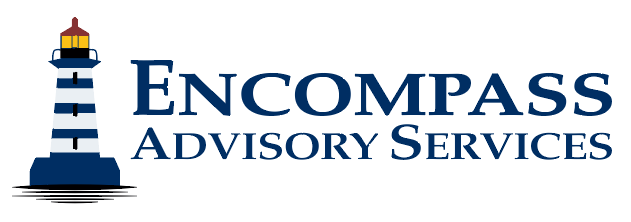Frequently Asked Questions: Estate Planning Services
Planning for the future is one of the most thoughtful and responsible steps you can take to protect your loved ones and ensure your wishes are honored. Our Estate Planning Services FAQs are designed to answer your most pressing questions and provide clarity on everything from wills and trusts to powers of attorney and healthcare directives. Whether you’re just beginning to explore estate planning or revisiting your existing plans, this guide will help you make informed decisions with confidence.
If you don’t find the answer to your specific question here, feel free to reach out to us directly—we’re here to help.
Estate Planning Services
What is estate planning, and why is it important?
Estate planning involves the process of arranging for the management and disposal of an individual's estate during their lifetime and after death. It encompasses various legal and financial tools such as wills, trusts, and powers of attorney. Estate planning is crucial as it ensures your assets are distributed according to your wishes, minimizes taxes and expenses, and provides for your loved ones' financial security.
Who needs estate planning services?
Estate planning services are beneficial for individuals of all ages and economic backgrounds. Whether you have modest assets or a substantial estate, having a comprehensive estate plan in place can offer peace of mind and protect your legacy. Additionally, if you have specific wishes regarding healthcare decisions or the guardianship of minor children, estate planning allows you to document those preferences.
What documents are typically included in an estate plan?
An estate plan may consist of several key documents tailored to your unique circumstances. These commonly include a last will and testament, which dictates the distribution of assets upon your death, as well as a durable power of attorney for financial matters and a healthcare directive outlining your medical preferences. Trusts may also be part of the plan to manage assets, provide for loved ones, or minimize estate taxes.
How often should I update my estate plan?
It's advisable to review your estate plan periodically, especially when significant life events occur, such as marriage, divorce, the birth of children or grandchildren, or the acquisition of substantial assets. Changes in tax laws or regulations may also necessitate updates to your plan. Generally, it's a good practice to revisit your estate plan every three to five years or whenever there's a significant change in your circumstances.
Can estate planning help minimize taxes and avoid probate?
Yes, estate planning can be instrumental in reducing tax liabilities and bypassing the probate process, which can be time-consuming and costly. Strategies such as establishing trusts, making gifts, and utilizing tax-saving mechanisms can help minimize estate taxes. Furthermore, assets held in trusts typically avoid probate, allowing for faster distribution to beneficiaries and maintaining privacy regarding estate matters. Working with experienced estate planning professionals can help you implement these strategies effectively.
What is a will?
A will is a legal document that outlines how your assets will be distributed after your death and appoints guardians for any minor children. It’s one of the core components of an estate plan.
What is a trust, and how does it differ from a will?
A trust is a legal entity that holds and manages assets on behalf of beneficiaries. Unlike a will, a trust can be used to manage your assets during your lifetime and after death. It can also help avoid probate, providing more privacy and potentially faster distribution of assets.
Do I need both a will and a trust?
It depends on your financial situation and goals. A will is essential for most people, while a trust can provide added benefits, such as avoiding probate and controlling how assets are distributed over time. Consulting with an estate planning attorney will help determine what’s best for you.










